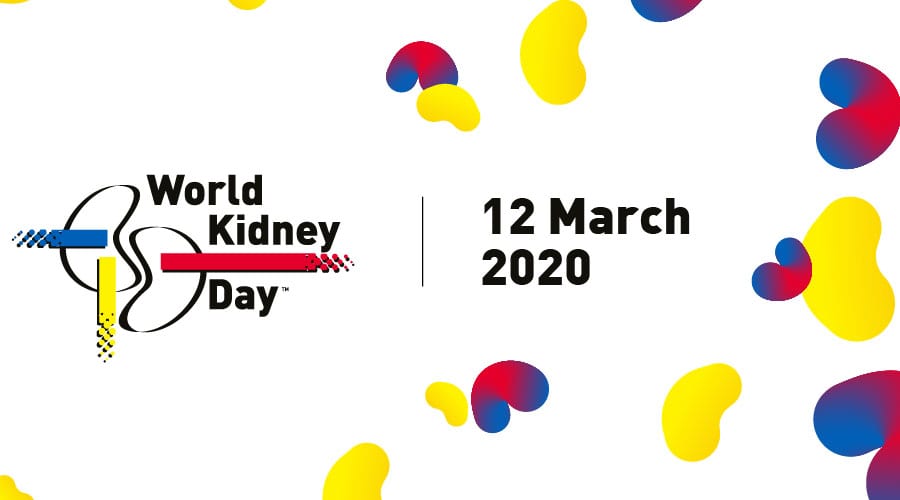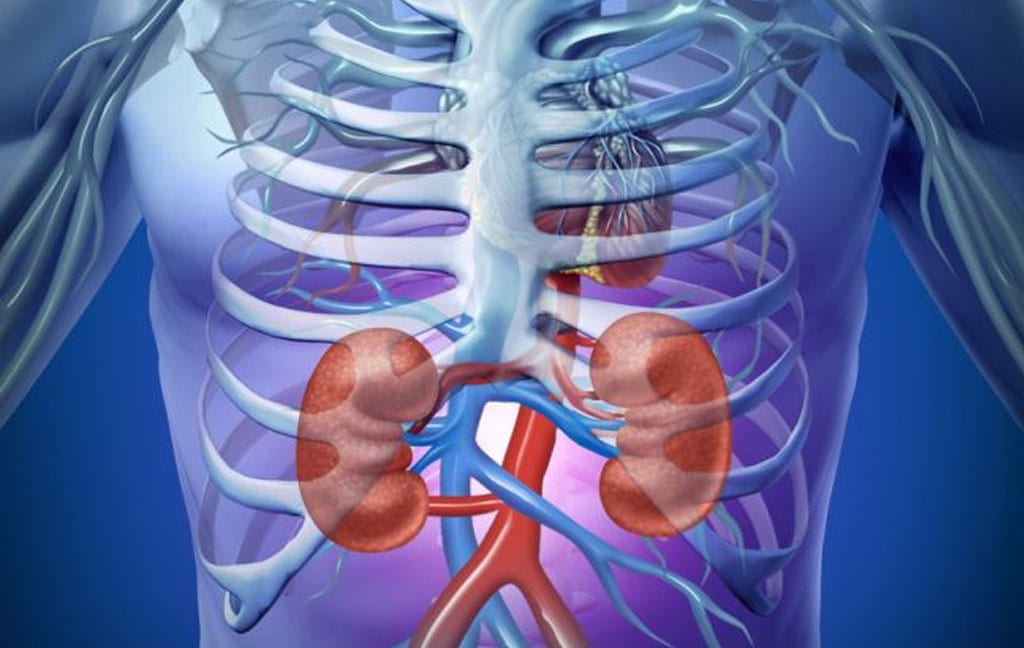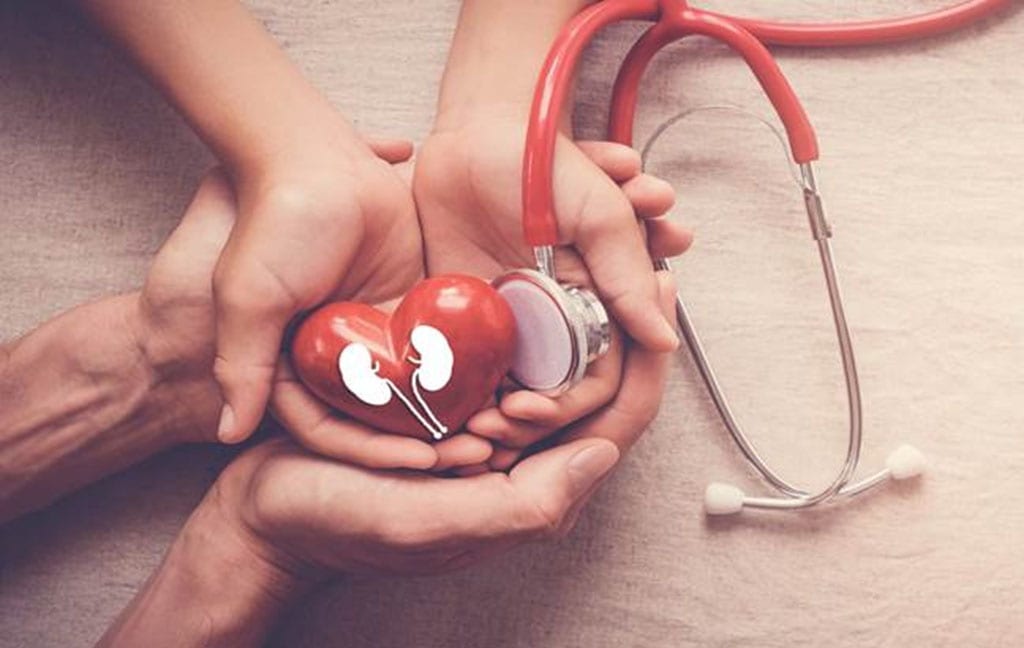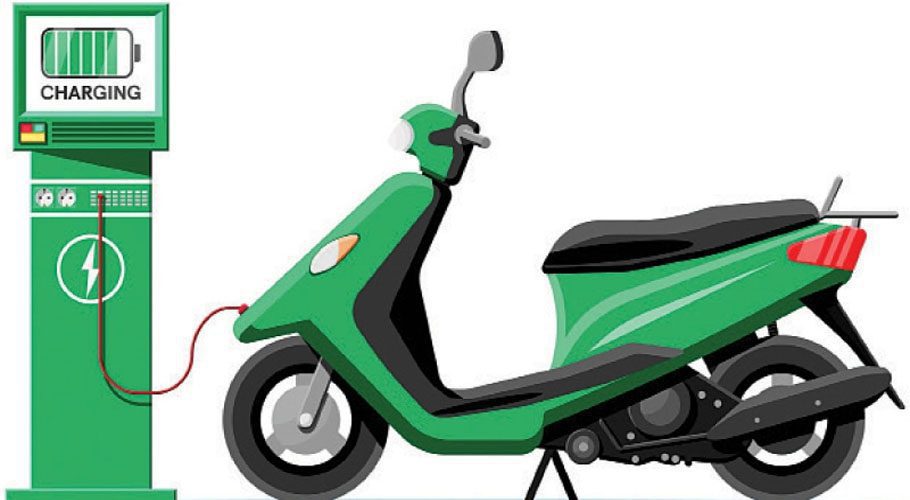![]() Follow Us on Google News
Follow Us on Google News
World Kidney Day 2020 – Prevention of Chronic Kidney Disease
Related Stories
Opinion
April 23, 2024
- Kumail Soomro
April 17, 2024
- Dr. Muhammad Shahbaz
March 19, 2024
- Riyatullah Farooqui
No posts found
Where will rain pour in the country today?
ISLAMABAD: The Meteorological Department has predicted rain with strong winds and thunder in Balochistan,...
Why did high court suspend the decision to reduce price of bread?
The Islamabad High Court has suspended the recent notification regarding a reduction in the...
Registration starts for students’ bikes under CM scheme in Sialkot
SIALKOT: Deputy Commissioner Muhammad Zulqarnain has said that under the Chief Minister’s Youth Initiative,...
MM Digital (Pvt.) Ltd.
MM News is a subsidiary of the MM Group of Companies. It was established in 2019 with the aim of providing people of Pakistan access to unbiased information.
Contact Details: 03200201537






























